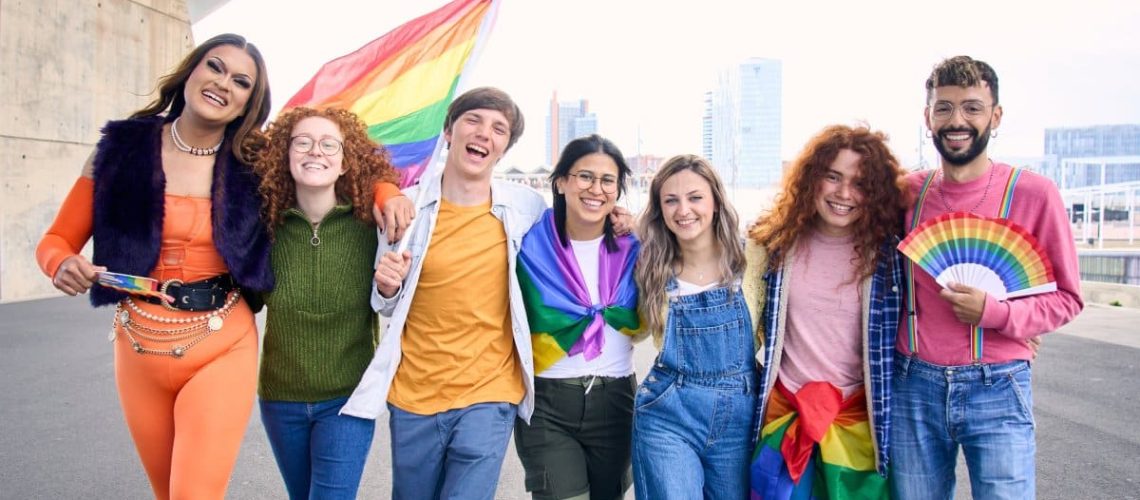Feeling curious? Bi-curiosity among young Americans is on the rise, sparking a national debate. Why are more young adults identifying as bisexual than ever before?
1. Increased Social Acceptance
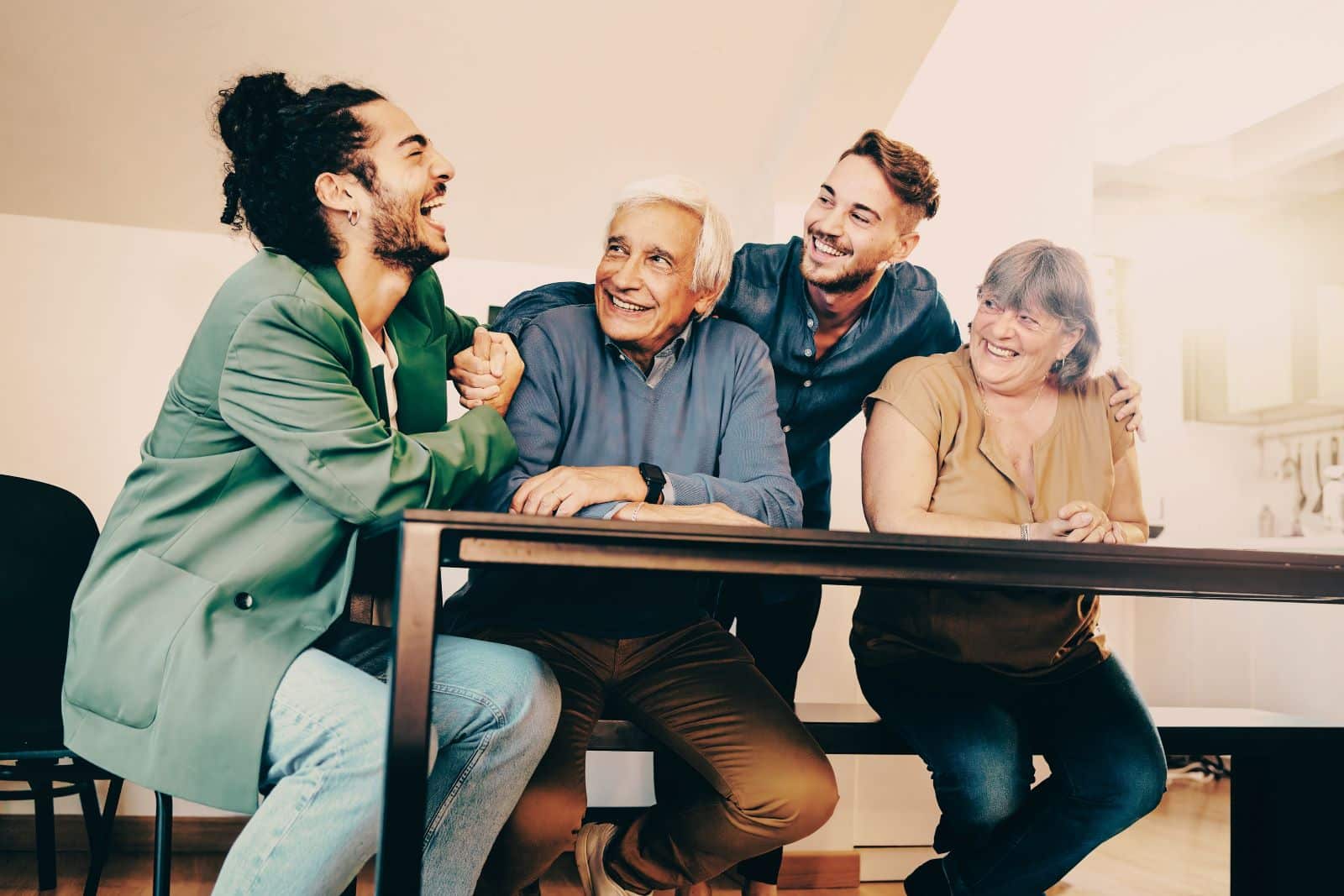
With greater societal acceptance of diverse sexual orientations, many young adults feel freer to explore their bi-curiosity. Are you aware of how much public opinion has shifted in recent years?
2. Media Representation

The portrayal of bisexual characters in TV shows and movies has become more common. Have you noticed how these representations might influence viewers to explore their own sexuality?
3. Peer Influence
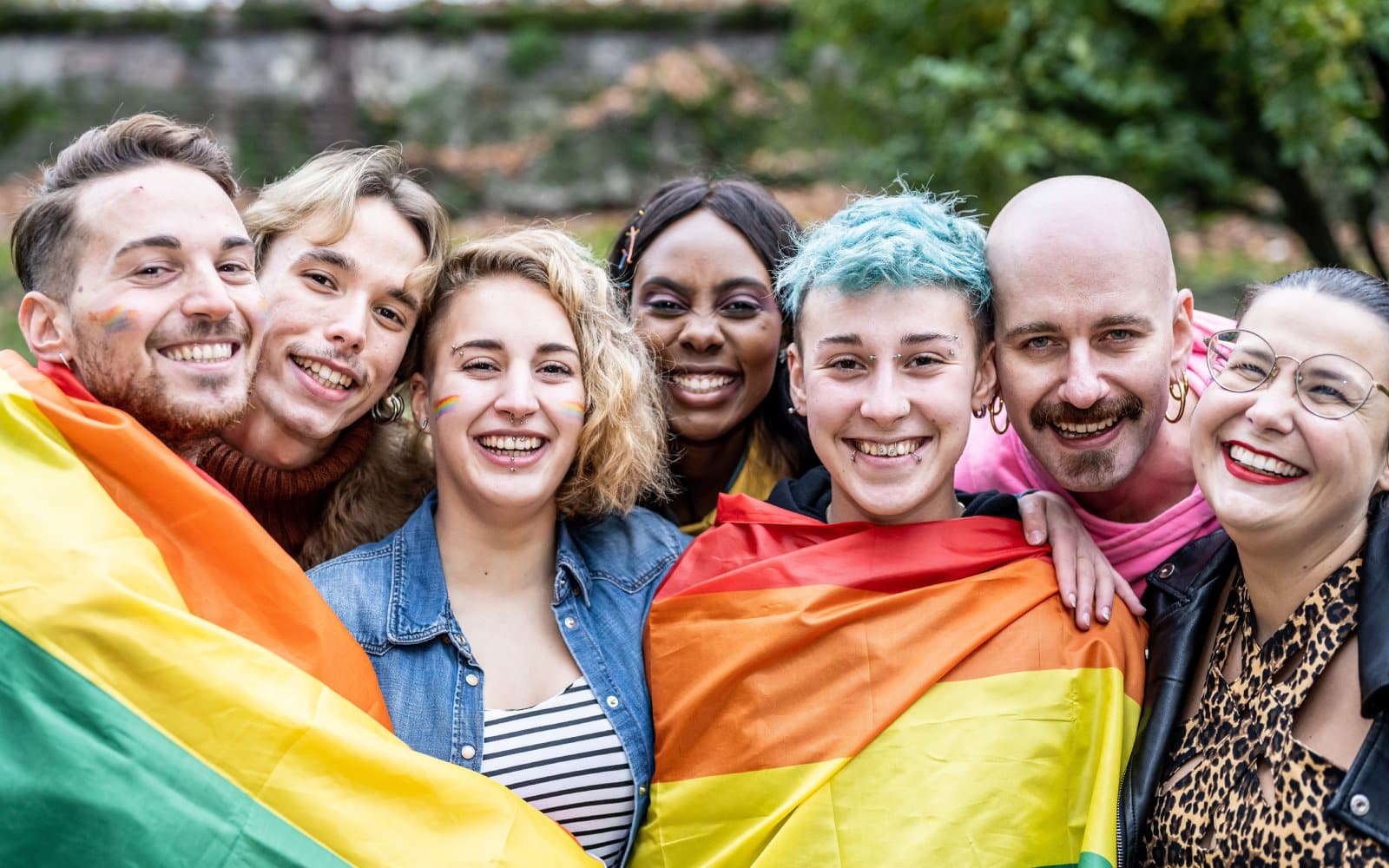
Social contagion theory suggests that behaviors and attitudes can spread through peer groups like a virus. Are your social circles influencing your views on sexuality more than you realize?
4. Fluidity of Sexuality
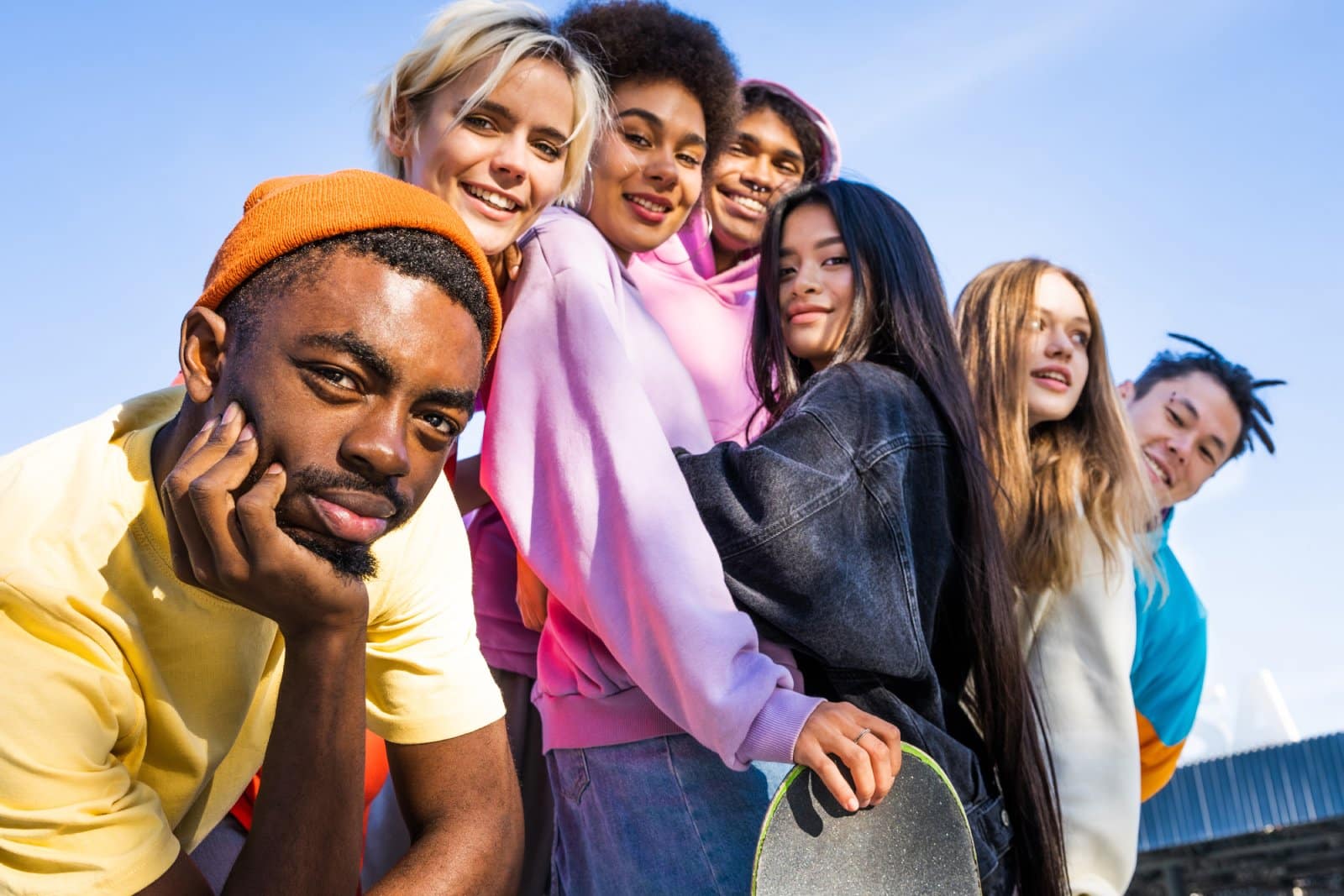
More people are recognizing that sexuality is not a fixed trait but can be fluid over time. How open are you to the idea that your sexual preferences might evolve?
5. Increased Visibility of LGBTQ+ Role Models
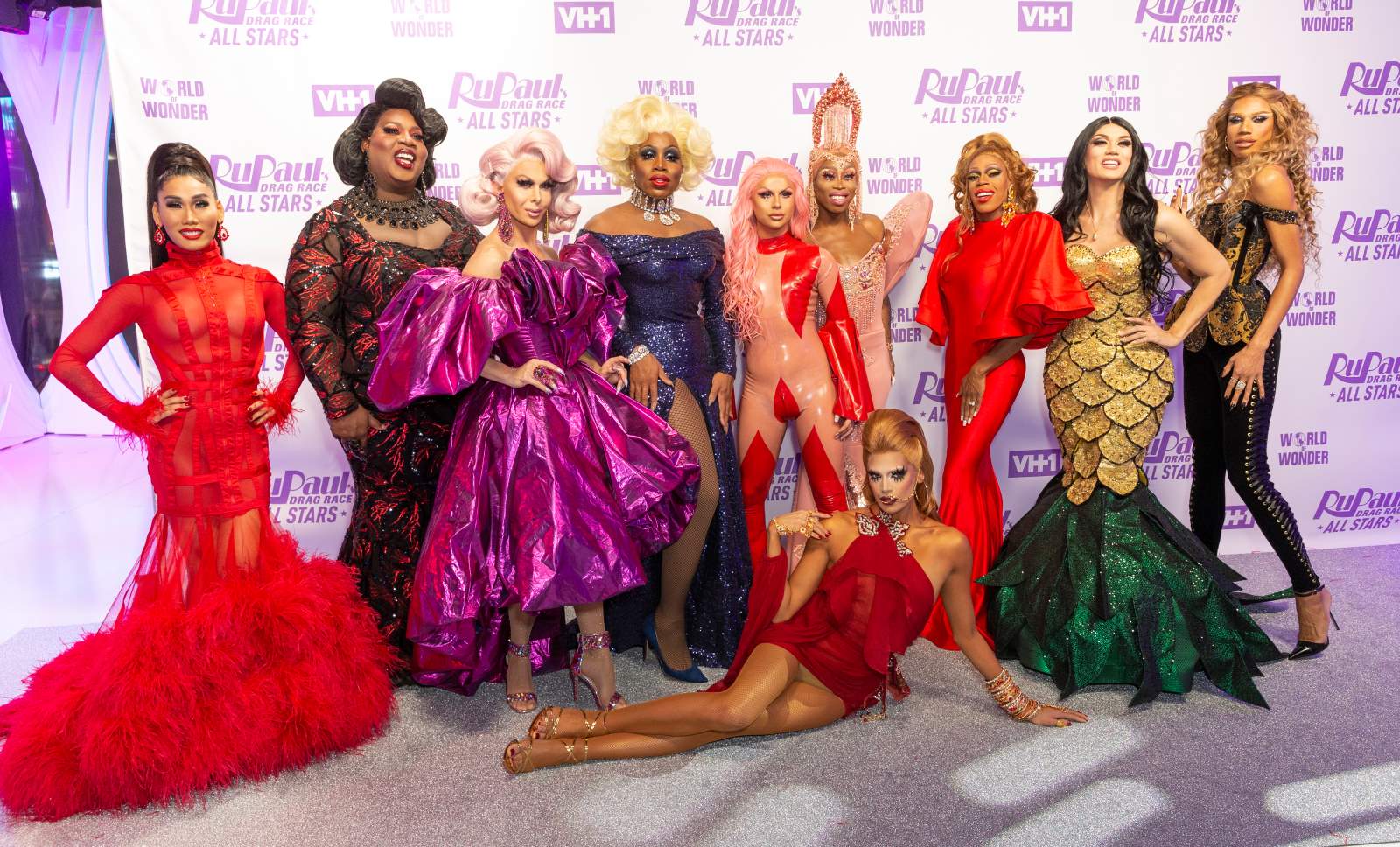
Celebrities and public figures openly discussing their bisexuality make it easier for others to identify similarly. Do you think seeing these role models makes it easier for you to accept different sexual orientations?
6. Online Communities
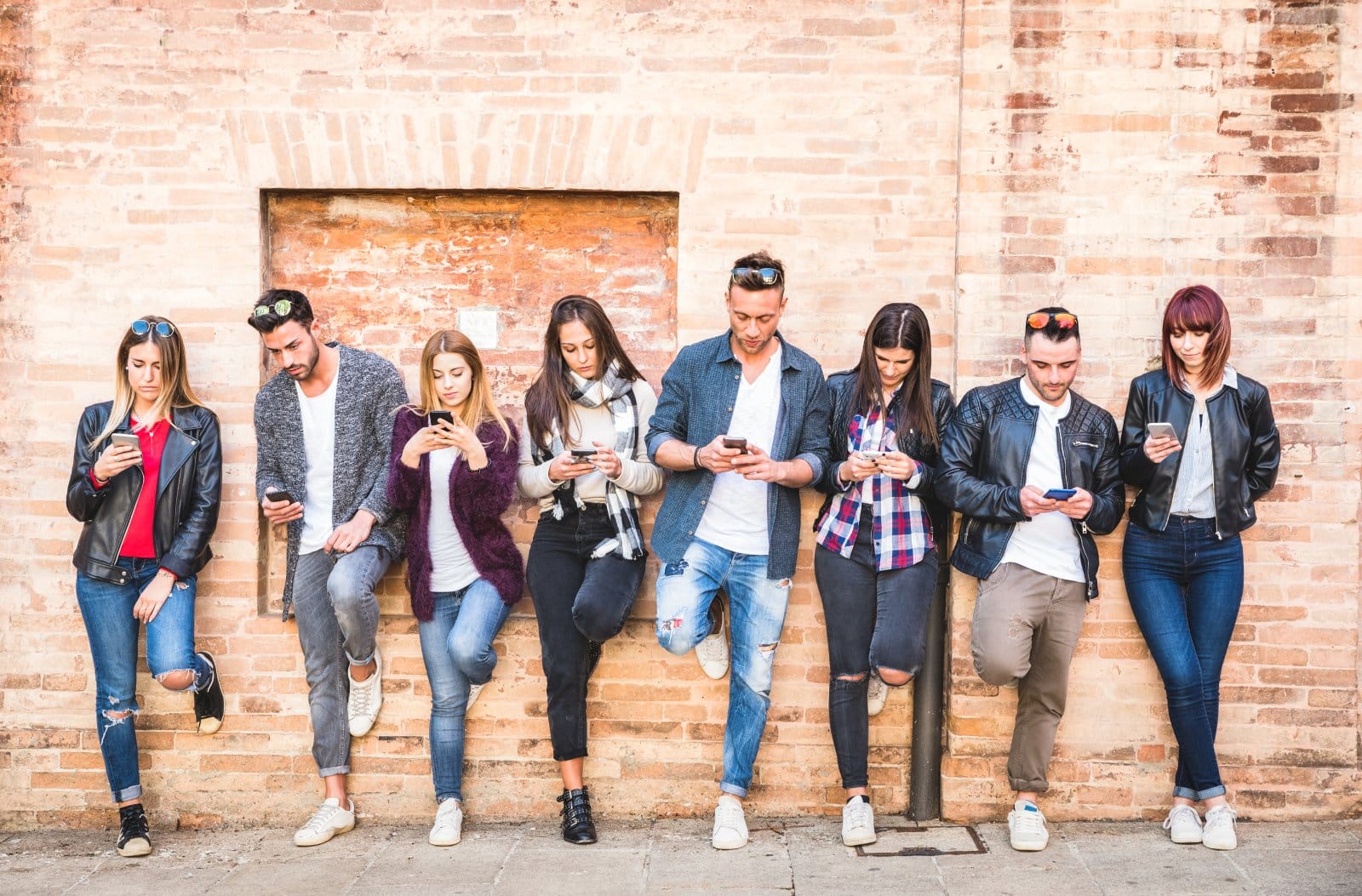
The internet provides safe spaces for exploring and discussing bi-curiosity. Are you engaging with online communities that support and validate diverse sexual identities?
7. Normalization of Experimentation

The normalization of sexual experimentation, especially among women, is contributing to this trend. Are you more willing to experiment because it’s seen as normal and acceptable?
8. Delayed Marriage and Family Planning
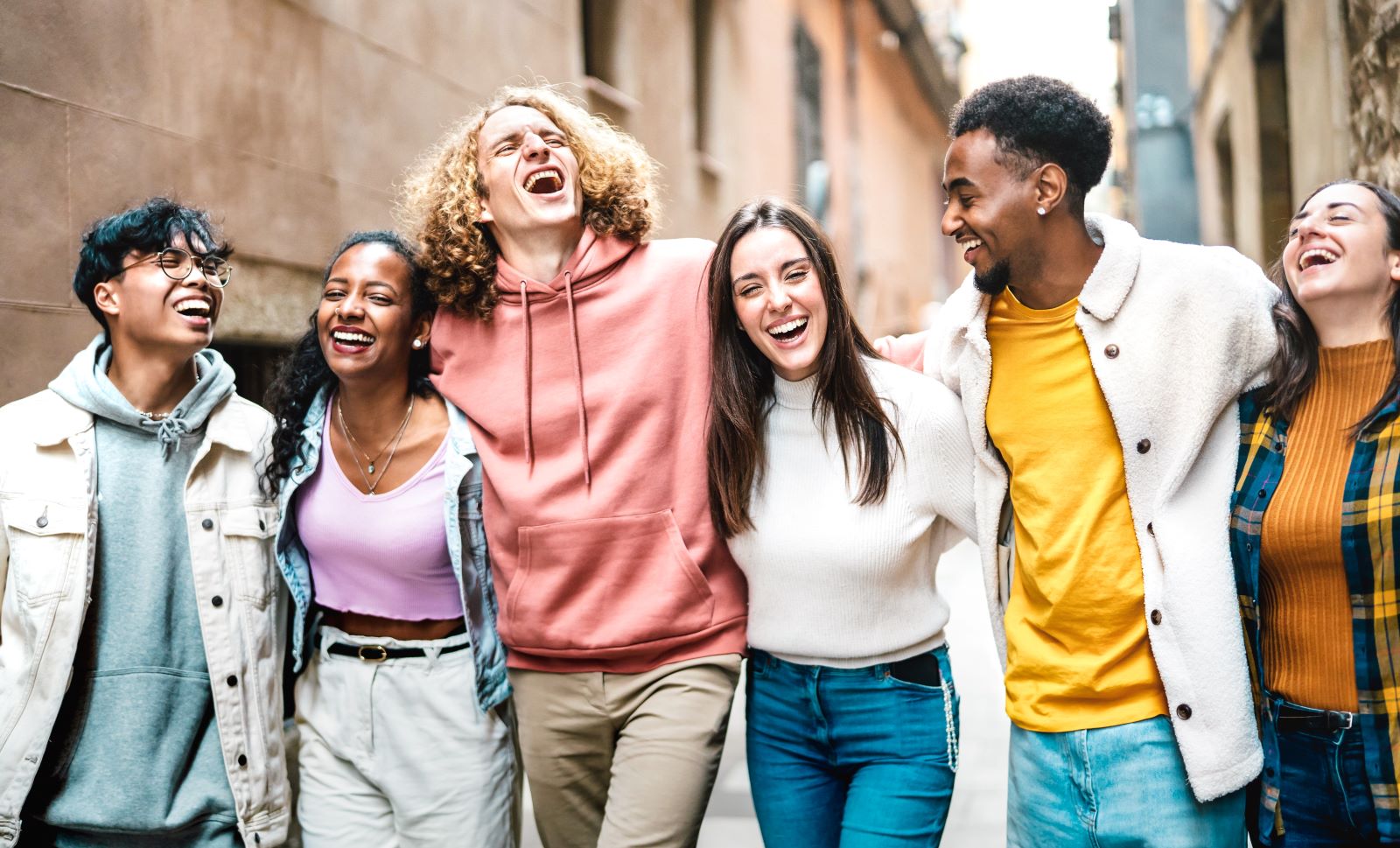
Younger generations are delaying marriage and family planning, allowing more time to explore their sexuality. How has this shift in life priorities affected your own exploration?
9. Pornography Consumption

Exposure to various forms of pornography that include bisexual content can influence sexual preferences. Do you think your media consumption impacts your views on sexuality?
10. Shifting Gender Norms
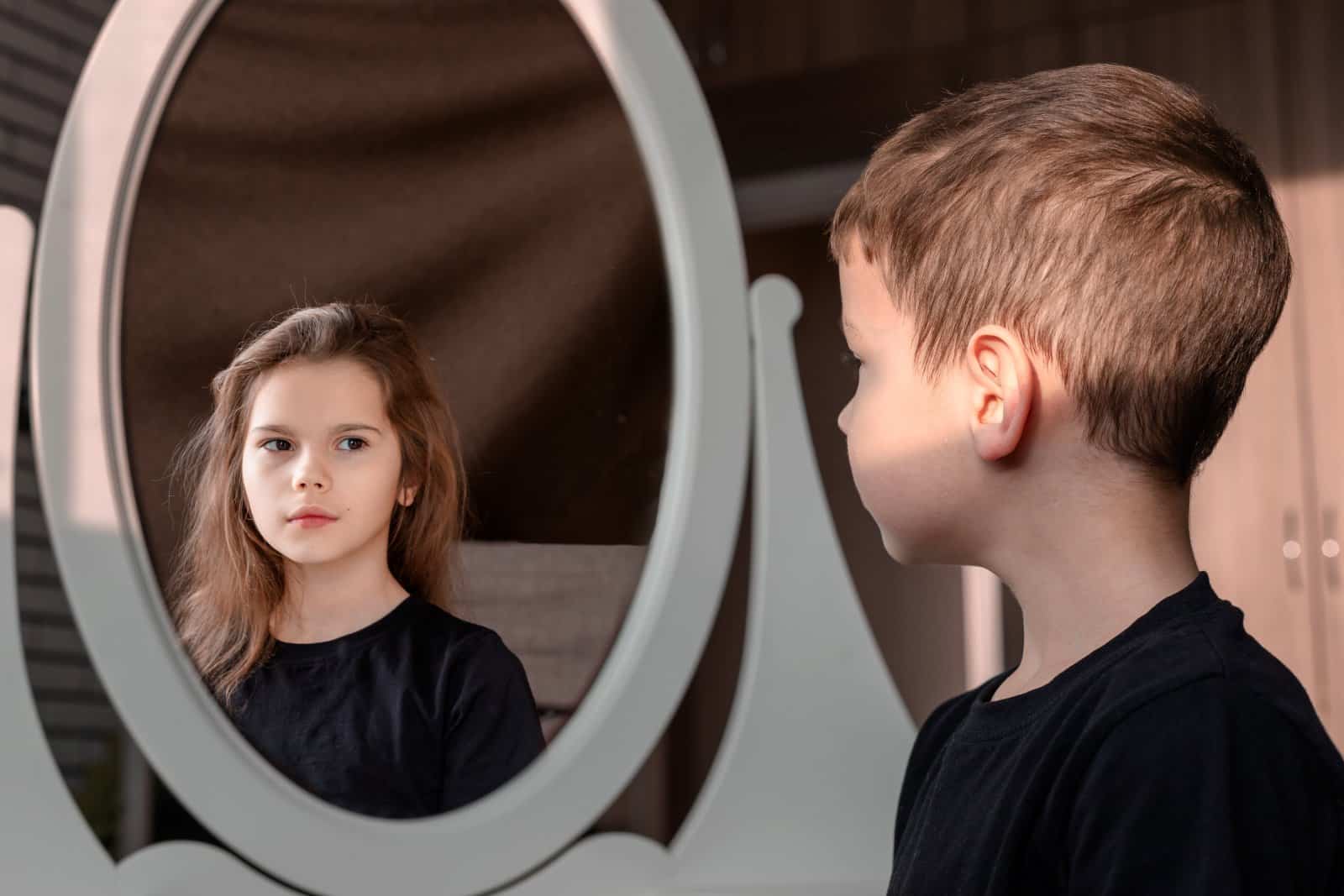
As traditional gender roles become less rigid, sexual preferences also become more flexible. Are you finding that changing gender norms are making you rethink your own sexuality?
11. Greater Emphasis on Personal Identity
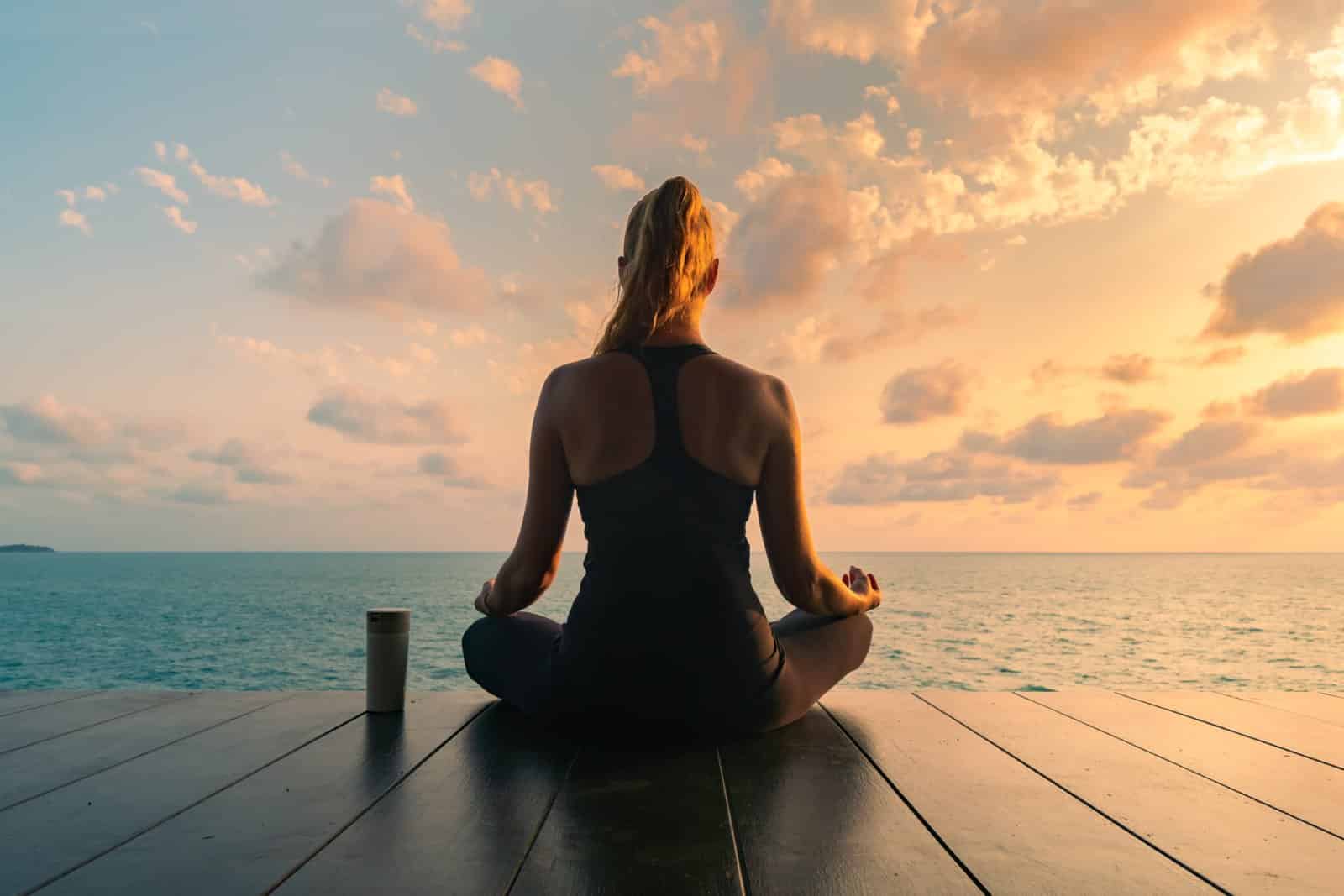
There is a stronger focus on personal identity and self-discovery in modern culture. How important is understanding your sexual identity to your overall sense of self?
12. Changes in Education

Sex education now often includes discussions of diverse sexual orientations. How has your education influenced your understanding of bisexuality?
13. Supportive Legal Environment
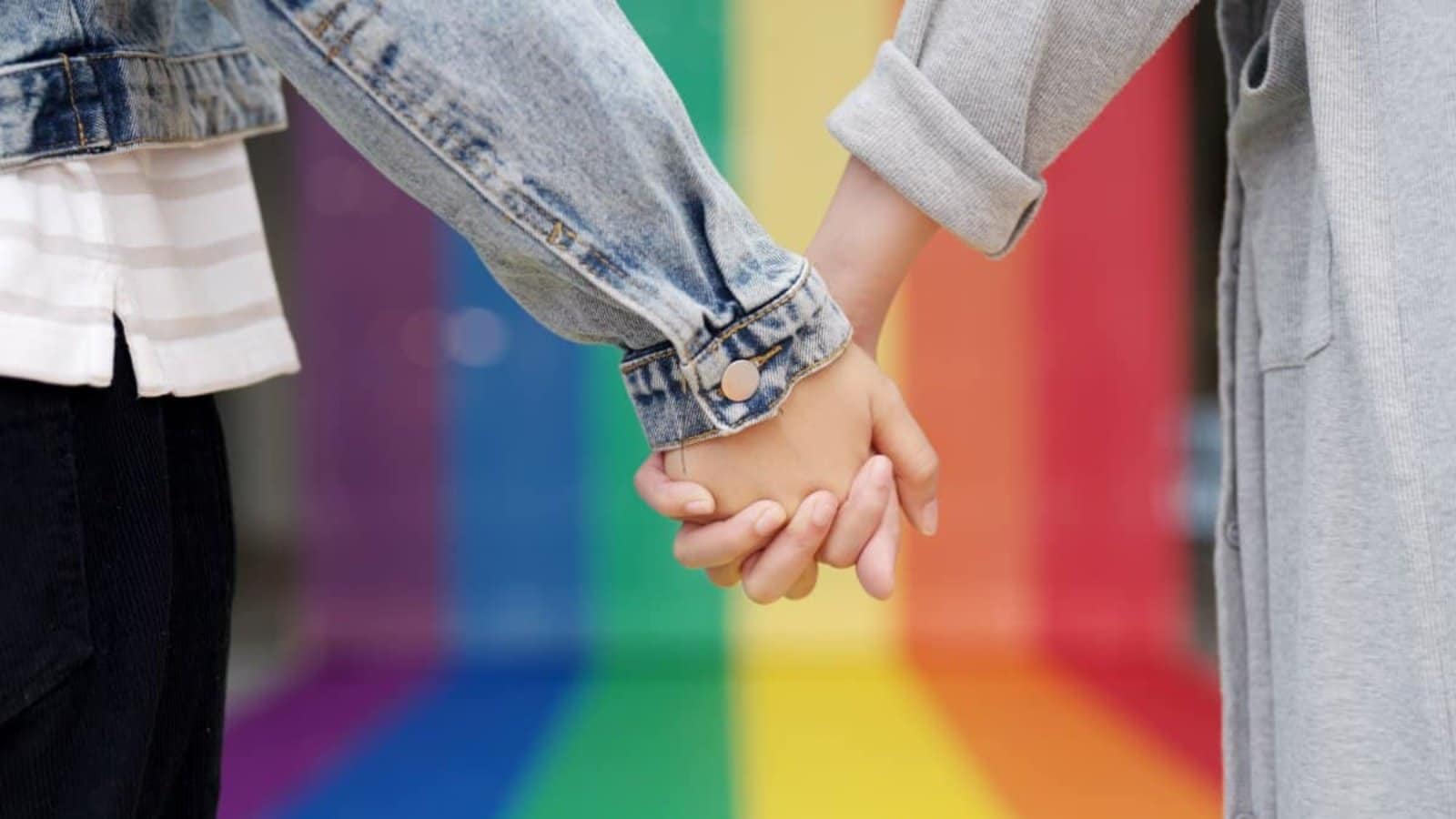
Legal protections for LGBTQ+ individuals help create a safer environment for exploring bisexuality. Do you feel more secure exploring your sexuality knowing you have legal protections?
14. Influence of Pop Culture

Pop culture often glamorizes and normalizes bisexuality. How much does pop culture shape your views on sexuality?
15. Increased Research and Awareness

There is more research and awareness about bisexuality and sexual fluidity. Are you keeping up with the latest findings and discussions in this field?
16. Impact of Social Media
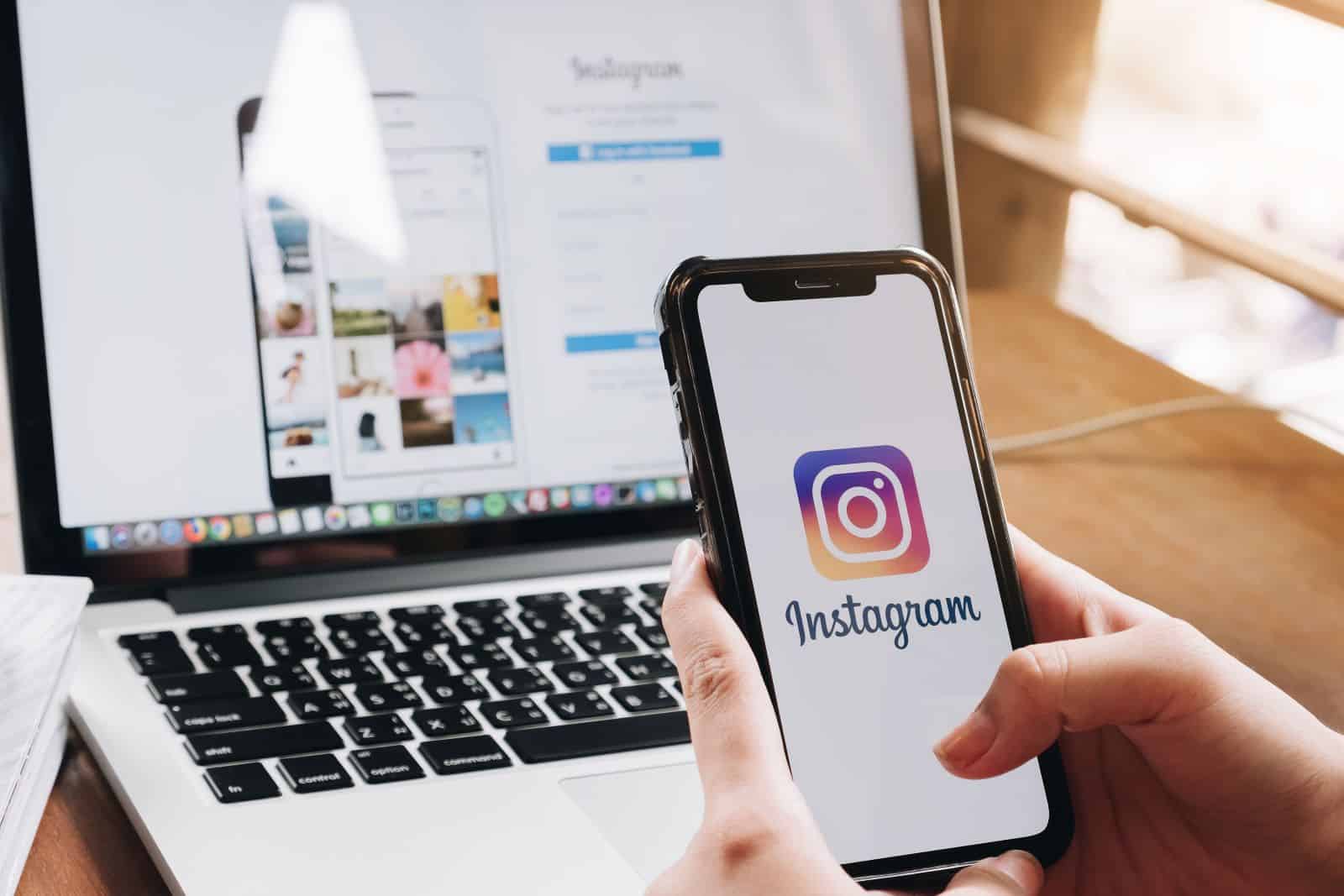
Social media platforms allow for the sharing of personal stories and experiences related to bisexuality. Are you finding stories on social media that resonate with your own experiences?
17. Psychological Factors

Some theories suggest that bi-curiosity is linked to deeper psychological needs for acceptance and understanding. Do you think psychological factors are at play in your own exploration?
18. Resistance to Labels
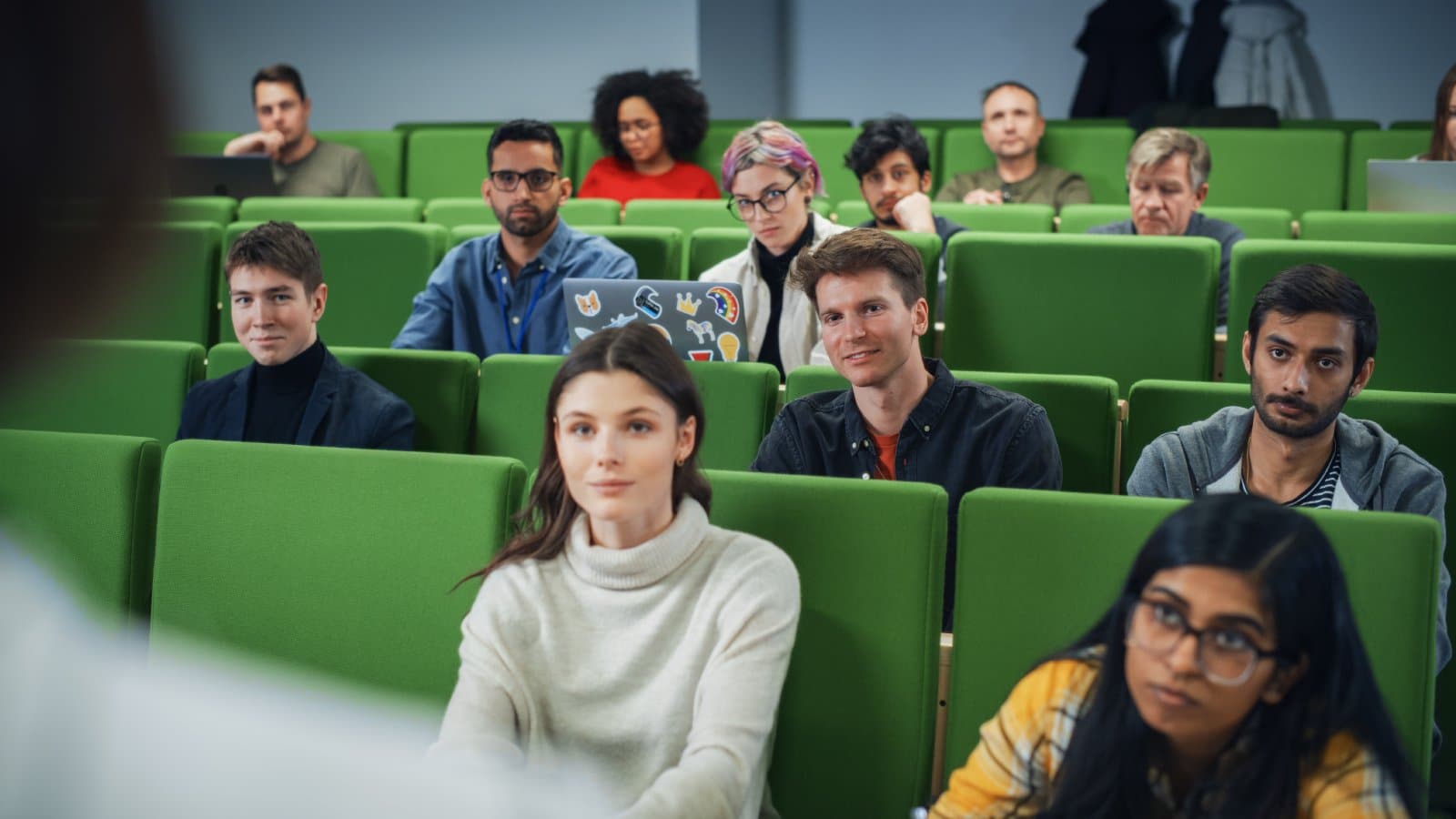
Many young adults resist traditional labels and prefer more fluid identities. Do you feel constrained by traditional labels, prompting you to explore bi-curiosity?
What Do You Think?

As you ponder these theories, consider how they apply to your own experiences and observations. Are you ready to explore your own sexual identity more openly?
21 Beliefs About the Bible That Are Actually False

The Bible is one of the most discussed and debated books in history, yet many common beliefs about it are more myth than fact. How many of these misconceptions have you heard before? 21 Beliefs About the Bible That Are Actually False
21 Subtle Racisms That Are Commonplace in America

Racism in America isn’t always overt; it often hides in plain sight through subtle actions and attitudes. How many of these subtle racisms have you noticed around you? 21 Subtle Racisms That Are Commonplace in America
Only Legal in America: 21 Things You CAN’T Do in the Rest of the World
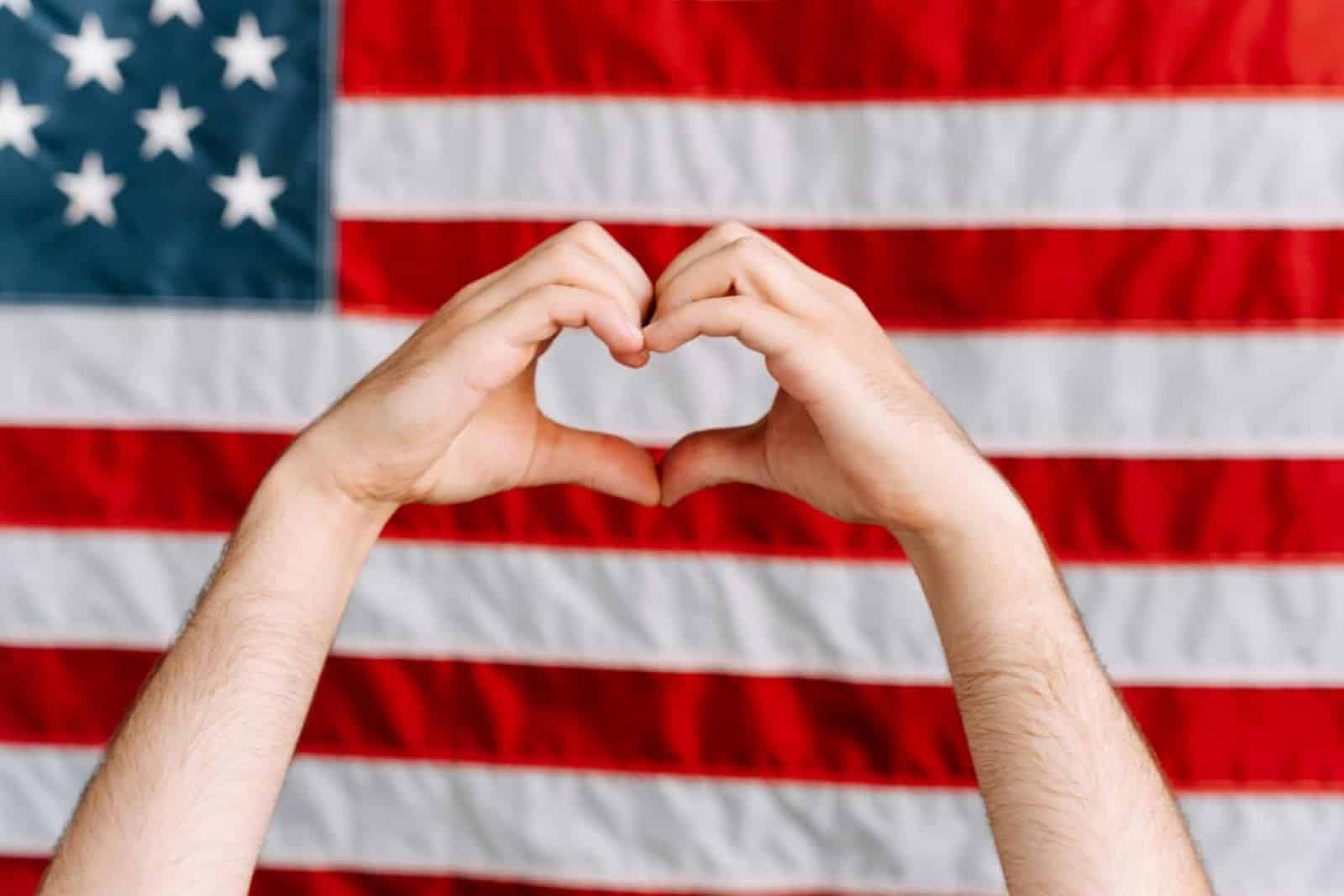
The U.S. dances to its own beat, especially when it comes to laws that make the rest of the world do a double-take. Here’s a lineup of things that scream “Only in America,” sticking strictly to what’s written in the law books. Ready for a tour through the American legal landscape that’ll leave you wondering if freedom might just be a bit too free? Only Legal in America: 21 Things You CAN’T Do in the Rest of the World
The post 18 Theories to Why Bi-Curiosity Is on the Rise in America first appeared on Pulse of Pride.
Featured Image Credit: Shutterstock / CarlosBarquero.
For transparency, this content was partly developed with AI assistance and carefully curated by an experienced editor to be informative and ensure accuracy.

